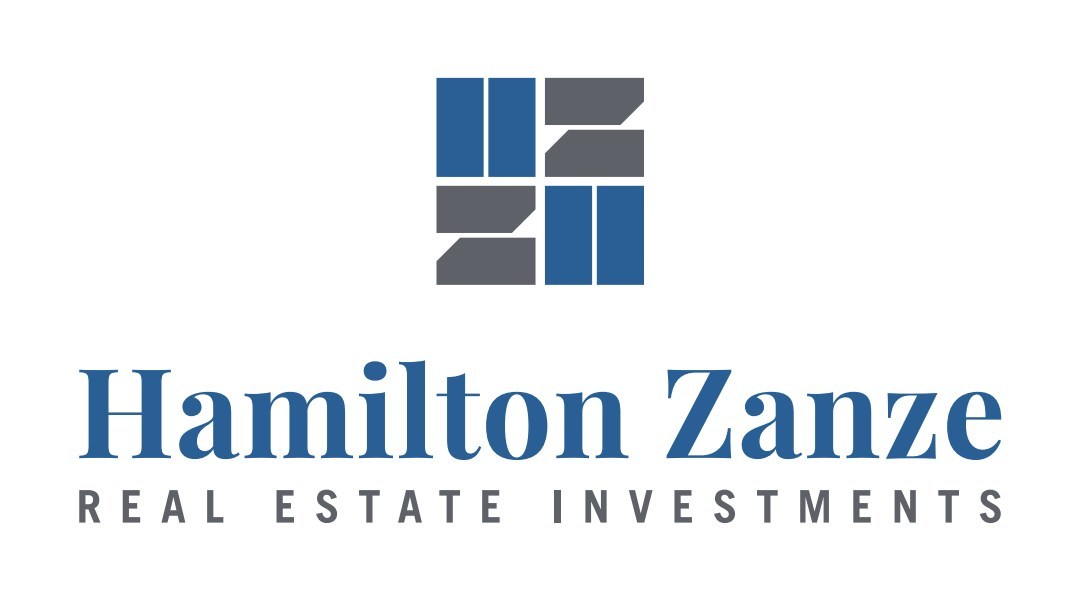Hamilton Zanze, a longtime multifamily investor in Denver and around the country, in partnership with CBRE, released a report last week that details the potential impacts of changes to the 1031 Exchange tax deferral program. While potential changes are still a moving target under the Biden Administration, the report reveals important considerations that lawmakers and voters should consider in any changes made to this now 100-year-old tax policy.
“Our business, focused on the multifamily commercial real estate sub-sector, has managed hundreds of 1031 exchange real estate transactions for individuals and families for 20 years,” said Mark Hamilton, co-founder of Hamilton Zanze. “These individuals have been from many walks of life and have been at various points in their own financial journeys, so we thought it was important to study the potential impacts that any chances to this policy might bring to the multitude of people impacted by the commercial real estate marketplace.”
According to a press release, like any tax policy that has been intact for this tenure, the impacts of any significant revisions or eliminations to the 1031 Exchange would be surrounded by numerous unforeseen and unintended consequences.
Report highlights
- Eliminating the 1031 Exchange could exacerbate the nation’s existing housing affordability challenge as these exchanges boost apartment investment more than any other major property type.
- Data shows that 4 out of 5 individual filers who claim long-term capital gains from real estate have an adjusted gross income of $200k or less.
- By eliminating the exchange, state and local governments already suffering from the impacts of the pandemic would be significantly impacted.
- Properties purchased via these exchanges have a significantly smaller leverage ratio, which helps overall financial market stability.
- The bottom line – 1031 Exchanges benefit the ultimate apartment renters in 2 ways:
- They support lower rental rates for tenants.
- They encourage the creation or improvement of more housing and higher quality properties.
To read the report in its entirety click here.









